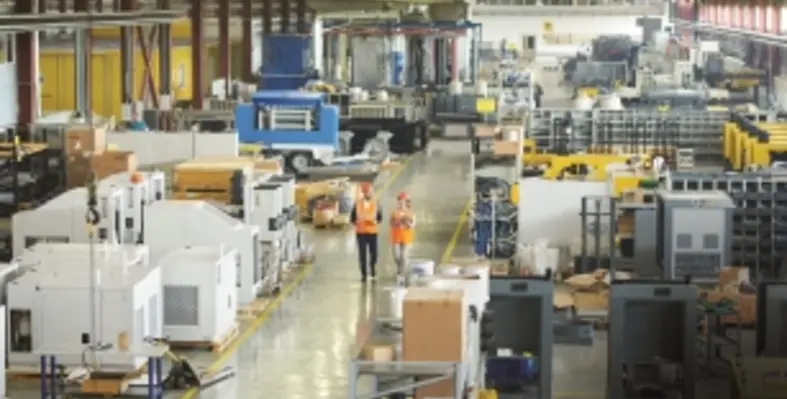Amid COVID-19 outbreak, governments and industries need to find new approaches, share knowledge and work together as never before to ensure manufacturing business continuity, protect employees and shore up supply systems for the future, reveals a new report of the World Economic Forum
The report, titled ?Rebounding from COVID-19: MENA perspectives on resilience in manufacturing and supply systems?, has outlined the three major initiatives of the regional governments and private-sector is focusing on.
While pointing out that the COVID-19 is proving to be an accelerator of vital imperatives for business, it underlined the need to orient the design of global value chains towards risk-competitiveness rather than optimising only for cost-competitiveness.
Localisation efforts
Governments across the region have formulated ambitious programmes to transform their economies away from the reliance on hydrocarbons. At the heart of many of these initiatives is the intent to localise entire industrial sectors to create new jobs, introduce emerging technologies and build a thriving future economy.
Much progress has been made in incumbent industries such as oil and gas, which has for several years engaged in programmes enabling the identification and support of localisation opportunities, even investing in the emergence of enabling ecosystems such as industrial and logistic parks.
The metals and construction materials sector has the highest exposure and is a clear candidate for ?qualified? localisation strategies. The public debate on the viability of global supply chains together with businesses rethinking and reconfiguring their supply chains provides momentum for localisation efforts.
Enhancing regional capabilities
While local production capabilities playing a role in increasing resilience to disruption, governments in the region are also looking at a series of other capabilities. Senior government officials across countries stress that the push for Industry 4.0 technologies will only be accelerated in the aftermath of COVID-19. The crisis proves that existing targets and aspirations are steps in the right direction ? investments in connectivity infrastructure have already paid dividends during the pandemic.
COVID-19 has accelerated the ongoing change in the way how people live, work and consume more quickly than most societies are prepared for. Next to investments in infrastructure, governments are focusing on developing the right regulatory frameworks such as business start-ups, investor protections and financial incentive structures to provide a nurturing ground for these emerging technologies to flourish. All of this will fall short without significant investments in human capital and re-skilling of people to make sure that the region can capture the opportunities of technology.
Read more on our latest issue of Technical Review Middle East!








